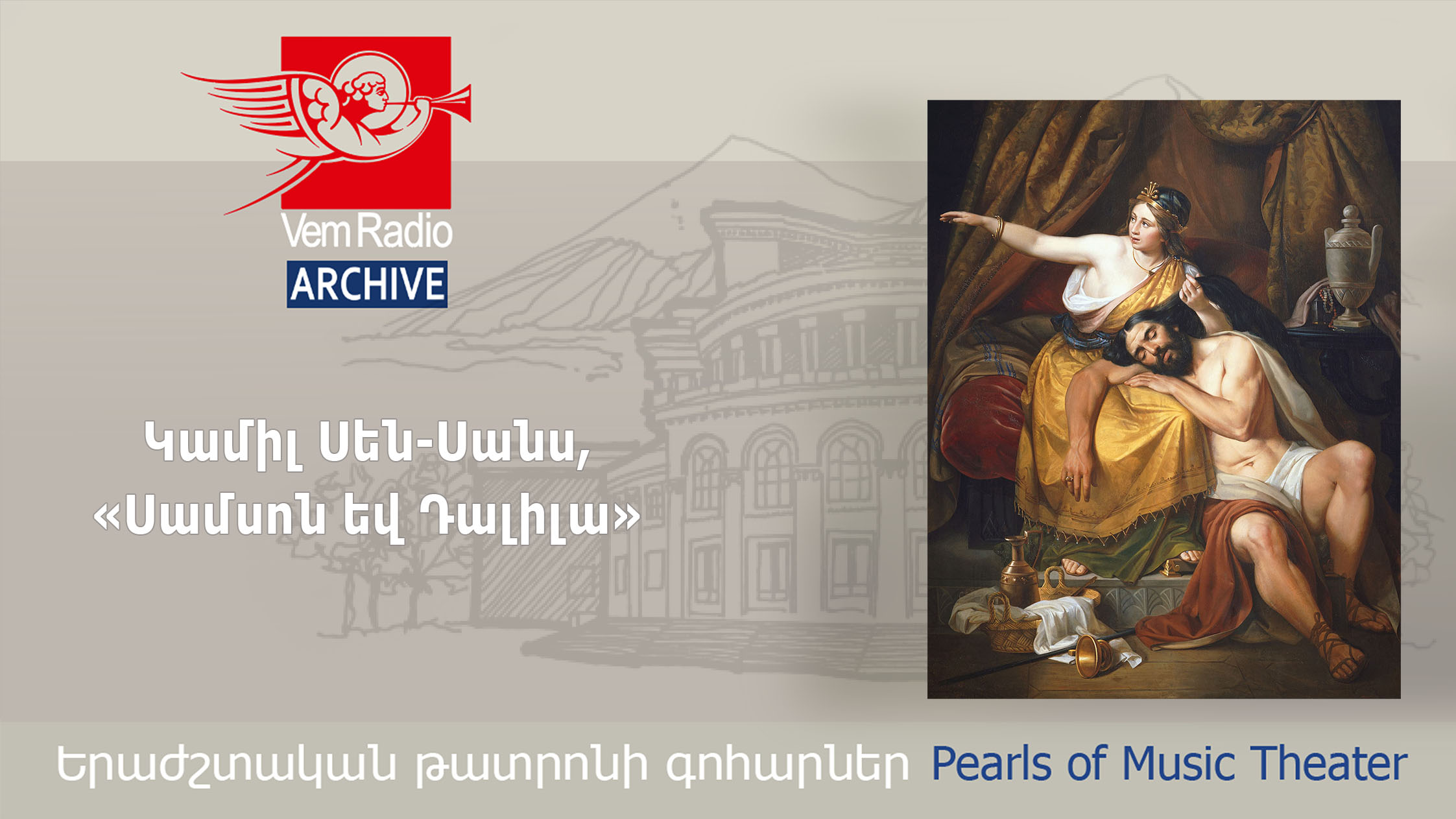
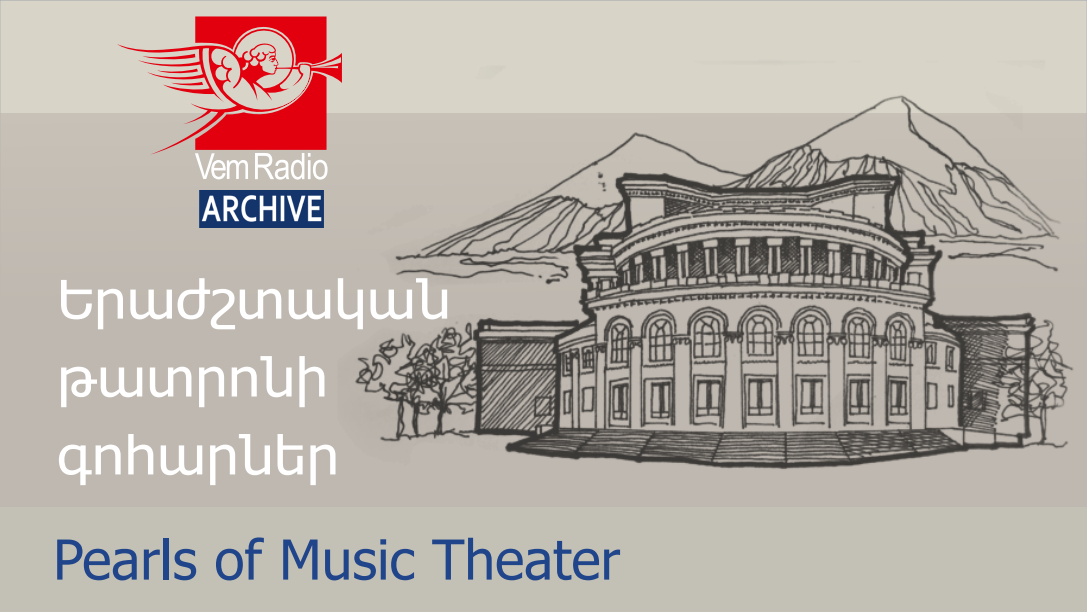
Pearls of Music Theater
The program broadcasts the best performances of famous operas, ballets, musicals, and operettas, presenting their plots and the history of their creation. Before each act, the corresponding part of libretto is read, which makes the listening experience more vivid and comprehensible.
- Author of the program: Inessa Khachatryan

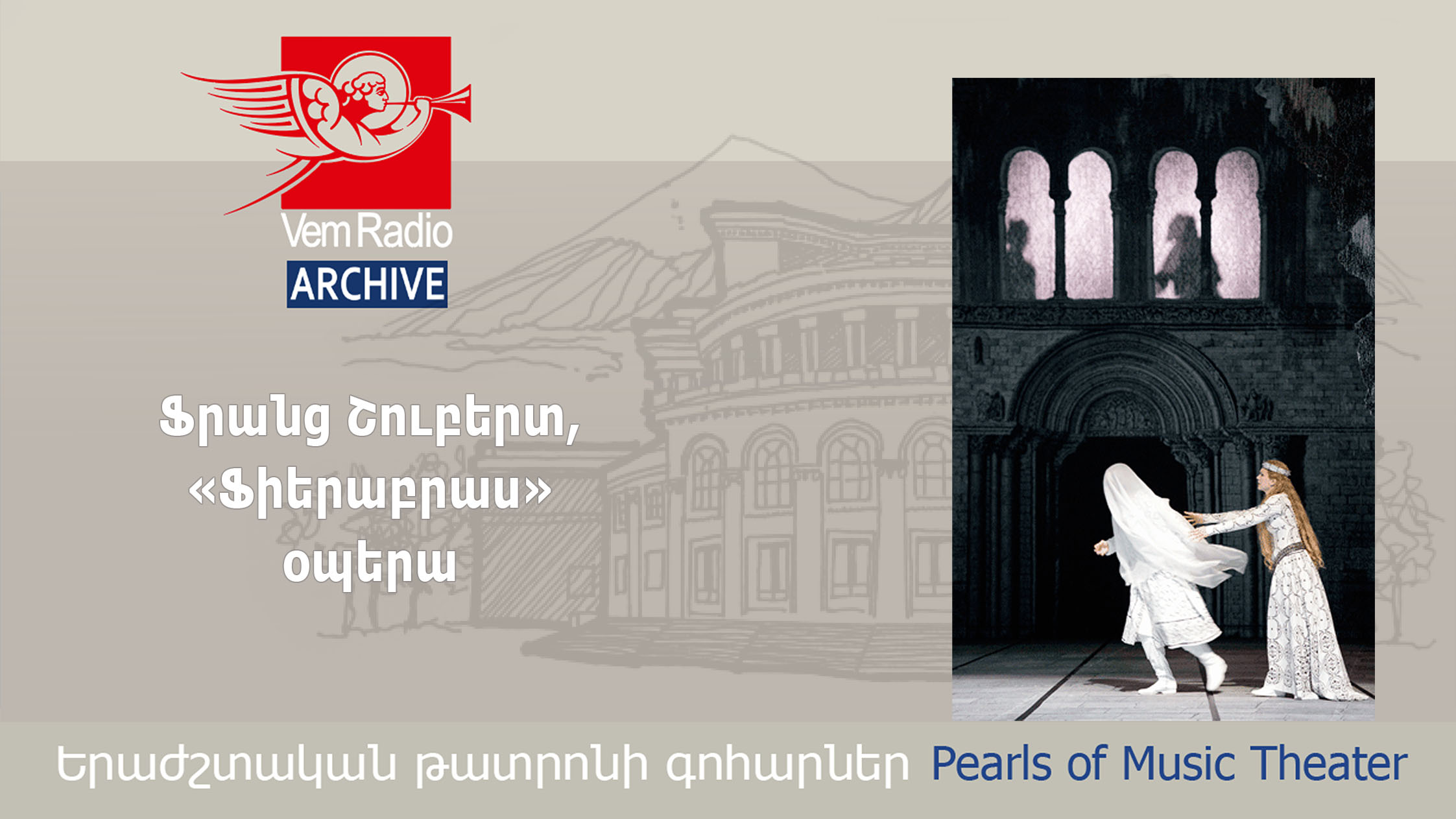
Franz Peter Schubert, Fierrabras
In 1822, the management of the Vienna Royal Opera House commissioned Franz Schubert to write an opera. Schubert chose a libretto by Joseph Kupelwieser that was based on sayings about Charlemagne, the king of the Franks, and the Moorish knight Fierrabras. But the management of the theater abandoned its decision to stage this opera by Schubert.
The composer never saw this opera staged; he wasn't even paid for his work. Seven years after his death, on May 7, 1835, the opera was presented at Vienna's Theater in der Josefstadt in a shortened concert version. In 1897, Austrian conductor and composer Felix Mottl staged his version of the opera at the Baden State Theater; he had added ballet parts from other works of Schubert and had also used some parts from works by other composers. The Mottl version was performed for a long time in opera houses. The authentic and full version of the opera was first presented at the Vienna State Opera in 1988 under the direction of conductor Claudio Abbado.

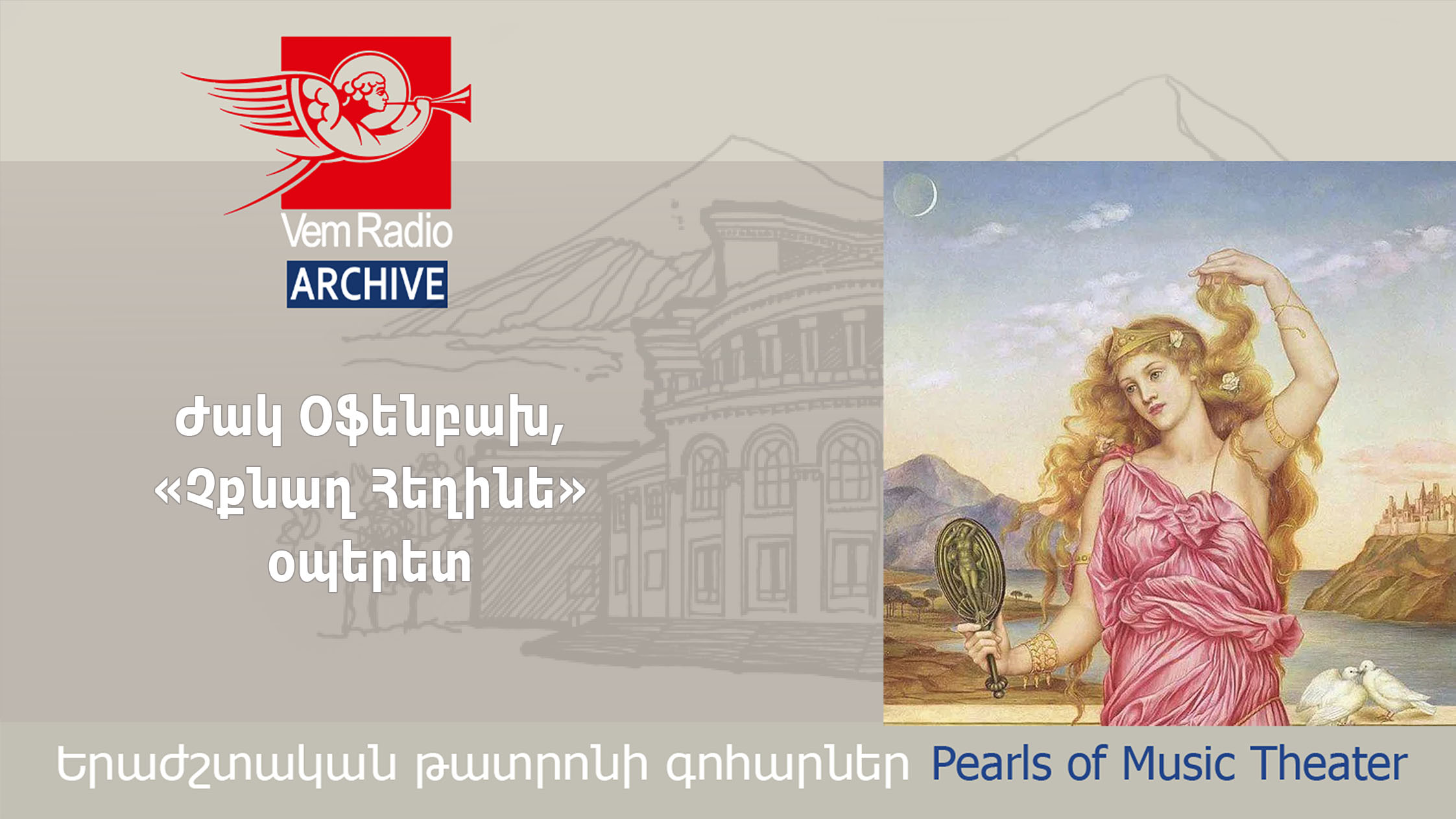
Jacques Offenbach, The Beautiful Helen
In early 1864, the French composer Jacques Offenbach was looking for a subject for his new operetta and chose the epic poem “Iliad” by ancient Greek poet Homer. Henri Meilhac and Ludovic Halévy wrote the libretto.
The operetta was premiered on December 17, 1864, in Paris.

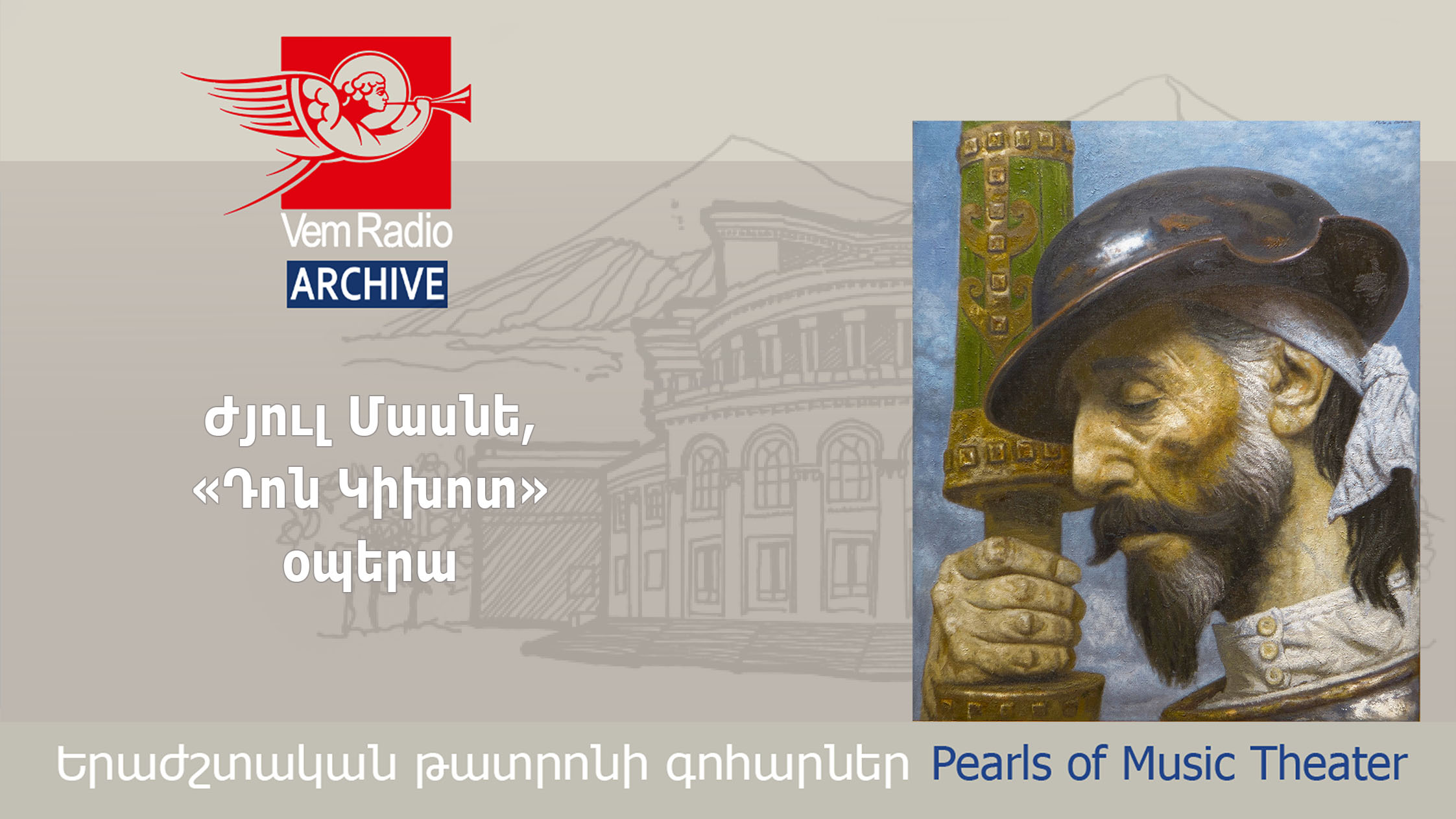
Jules Massenet, Don Quichotte
The source of inspiration for the French composer Massenet to write this opera was not the famous novel by Miguel de Cervantes but the play "The Knight of the Long Figure" by his contemporary French writer Jacques Le Lorrain. The libretto for the opera was written by Henri Caïn with whom Massenet had been collaborating since 1894. Massenet wrote the part of Don Quichotte especially for the Russian famous opera singer Feodor Chaliapin.
The opera was premiered on February 19, 1910, in Monte Carlo.
It consists of five acts.

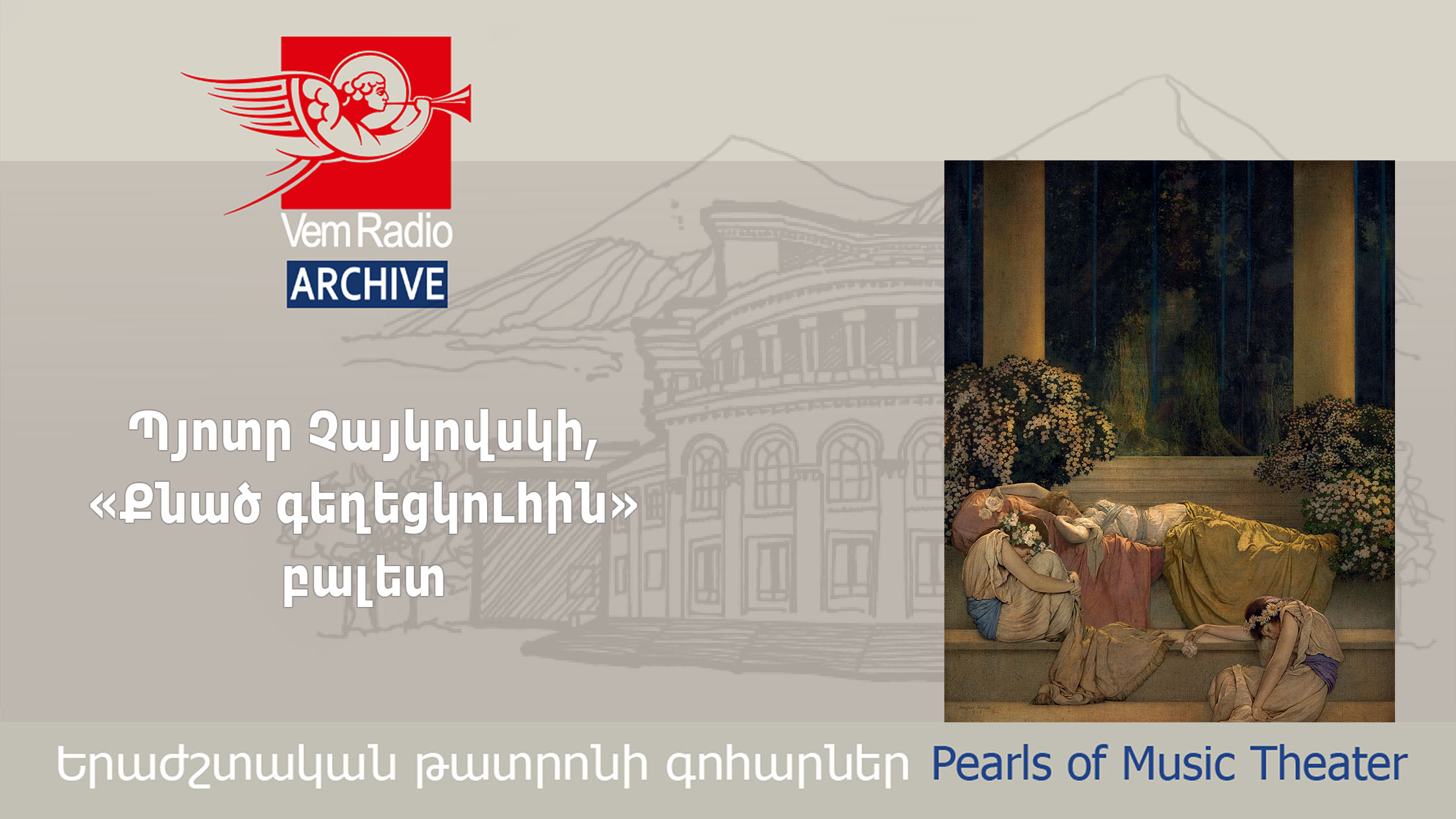
Pyotr Tchaikovsky, The Sleeping Beauty
The idea of creating a ballet on this subject was proposed by the Director of the Russian Imperial Theaters Ivan Vsevolozhsky. He created the libretto of the ballet together with the famous ballet master Marius Petipa. Vsevolozhsky used only the first part of Perrault's tale for the plot. He omitted the long part on the later fate of Aurora, Prince Désiré, and his evil stepmother. Vsevolozhsky and Petipa did not change the plot of the story. They just changed its style, turning the moral and instructive story into a magic and stunning performance.
The ballet was premiered on January 3, 1890, at the Mariinsky Theater in St. Petersburg.

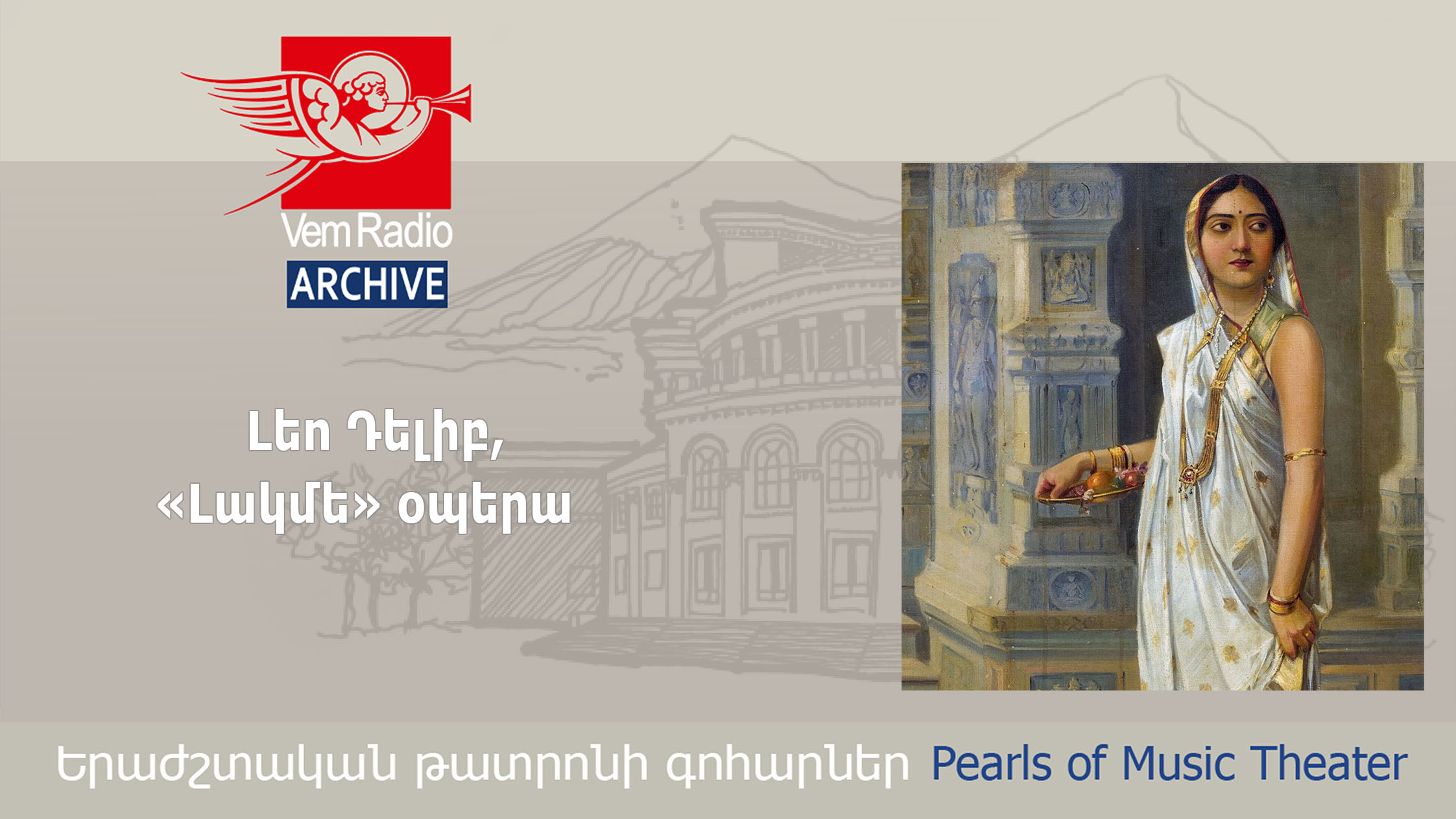
Léo Delibes, Lakmé
In 1881, the French composer Léo Delibes was commissioned by the management of Paris National Opéra-Comique Theater to write an opera on an Oriental theme. And he wrote Lakmé, which is based on Pierre Loti's novel “Loti's Mariage.” The authors of the French libretto are Edmond Gondinet and Philippe Gille.
The actions of the opera take place in the late 19th century India. Lakmé was premiered on April 14, 1883, at Opéra-Comique.

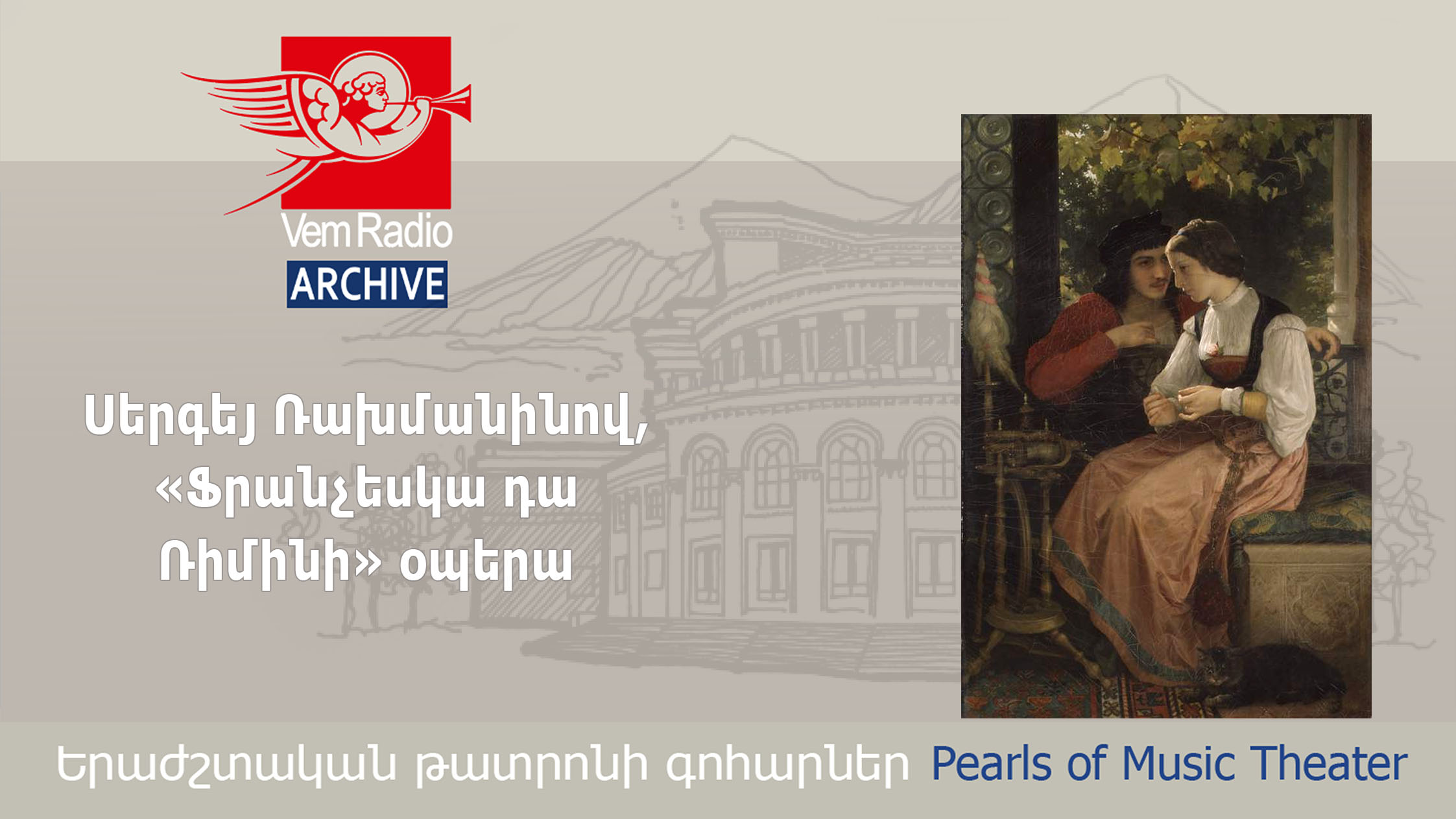
Sergei Rachmaninoff, Francesca da Rimini
This opera consists of one act, a prologue, and an epilogue.
The plot is based on the Fifth Canto of Dante Alighieri's “The Inferno” in “Divine Comedy.” The author of the libretto is Modest Tchaikovsky. Despite its beautiful music, the opera didn't become part of repertoires after its premiere in 1906. It was staged anew by conductor Mark Ermler at Moskow Bolshoi Theater in 1973.

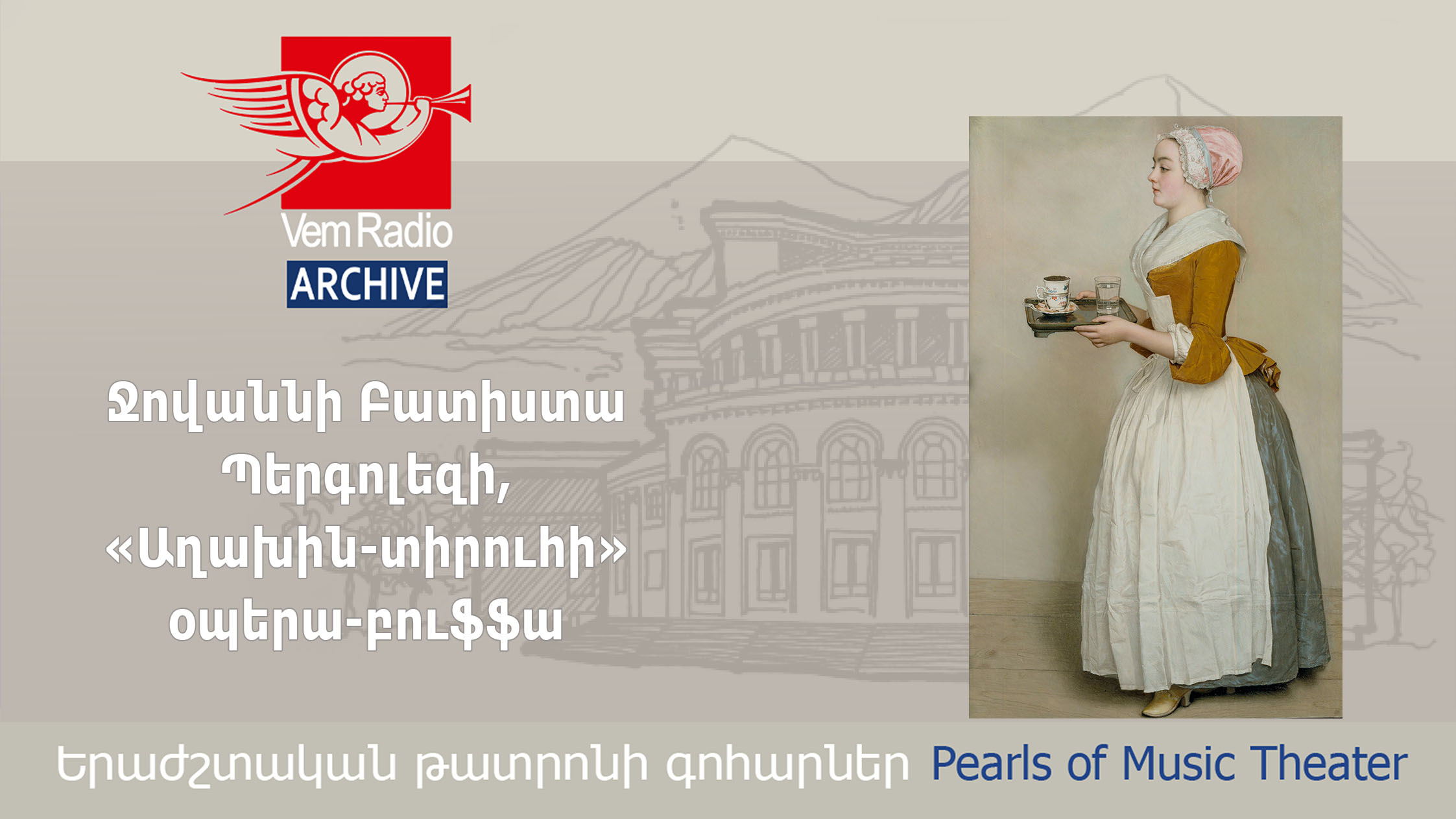
Giovanni Battista Pergolesi, La serva padrona
The Opera-buffa "La serva padrona" (The Servant Turned Mistress) is a short opera consisting of one act. It is based perhaps on the comedy of the same name by Jacopo Nelli. The author of the Italian libretto is Gennaro Federico.
Pergolesi wrote this opera as an intermezzo to the larger opera series "The Proud Prisoner" consisting of three acts.
The opera was premiered on August 28, 1733, at San Bartolomeo Theater in Naples.

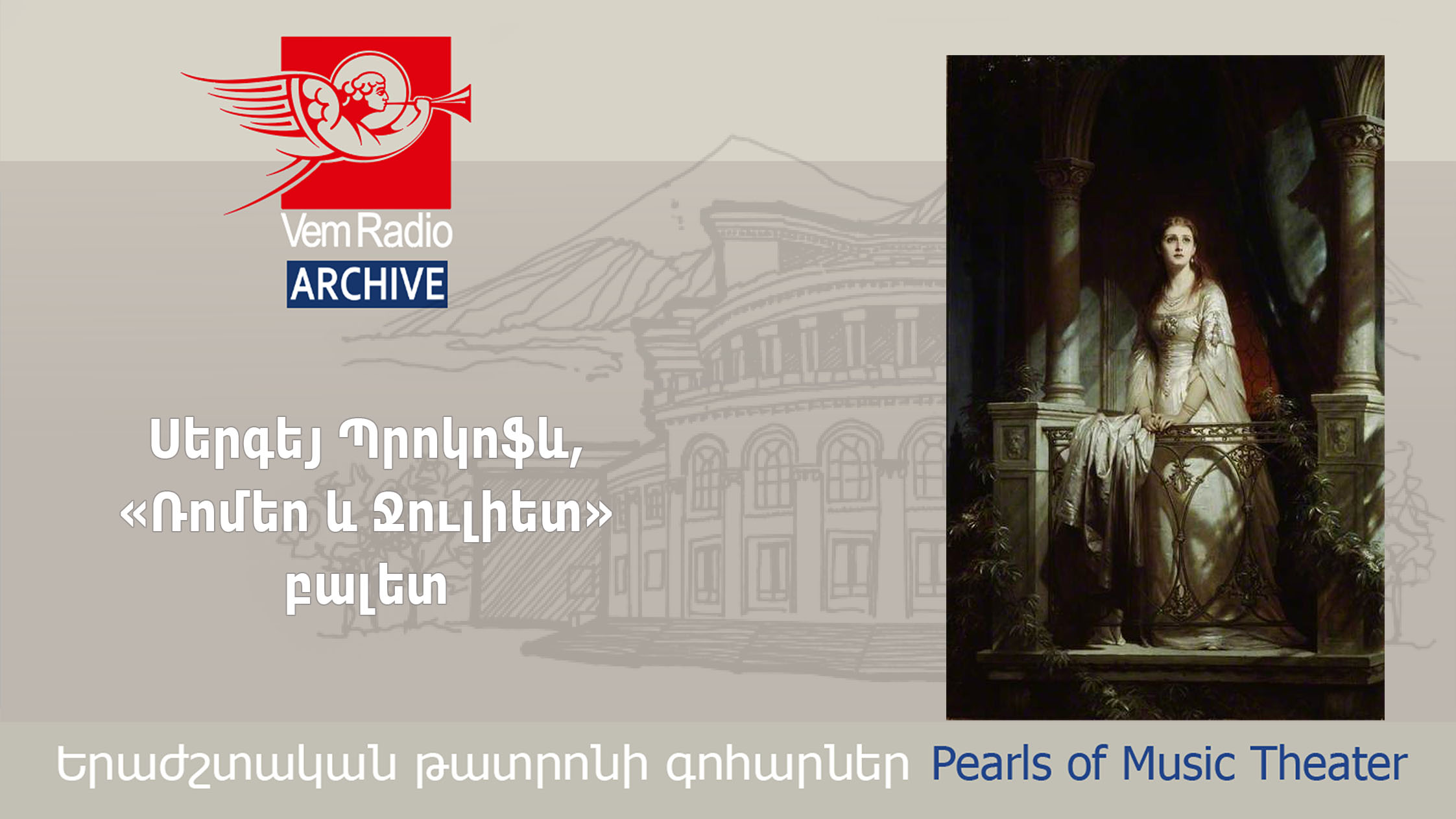
Sergei Prokofiev, Romeo and Juliet Ballet
In 1933, the famous Shakespearean scholar, artistic director of the Leningrad Theater of Opera and Ballet after Kirov (now Mariinsky) Sergei Radlov suggested Sergei Prokofiev to write music on the theme of Shakespeare's "Romeo and Juliet." The composer immediately started to write. Parallel with making the music, he, together with Radlov and the theater critic and playwright Adrian Piotrovsky, also created the libretto of the ballet.
The ballet "Romeo and Juliet" was premiered on December 30, 1938, in the Czech city of Brno. On the national scene, it was presented after overcoming many obstacles, on January 11, 1940.

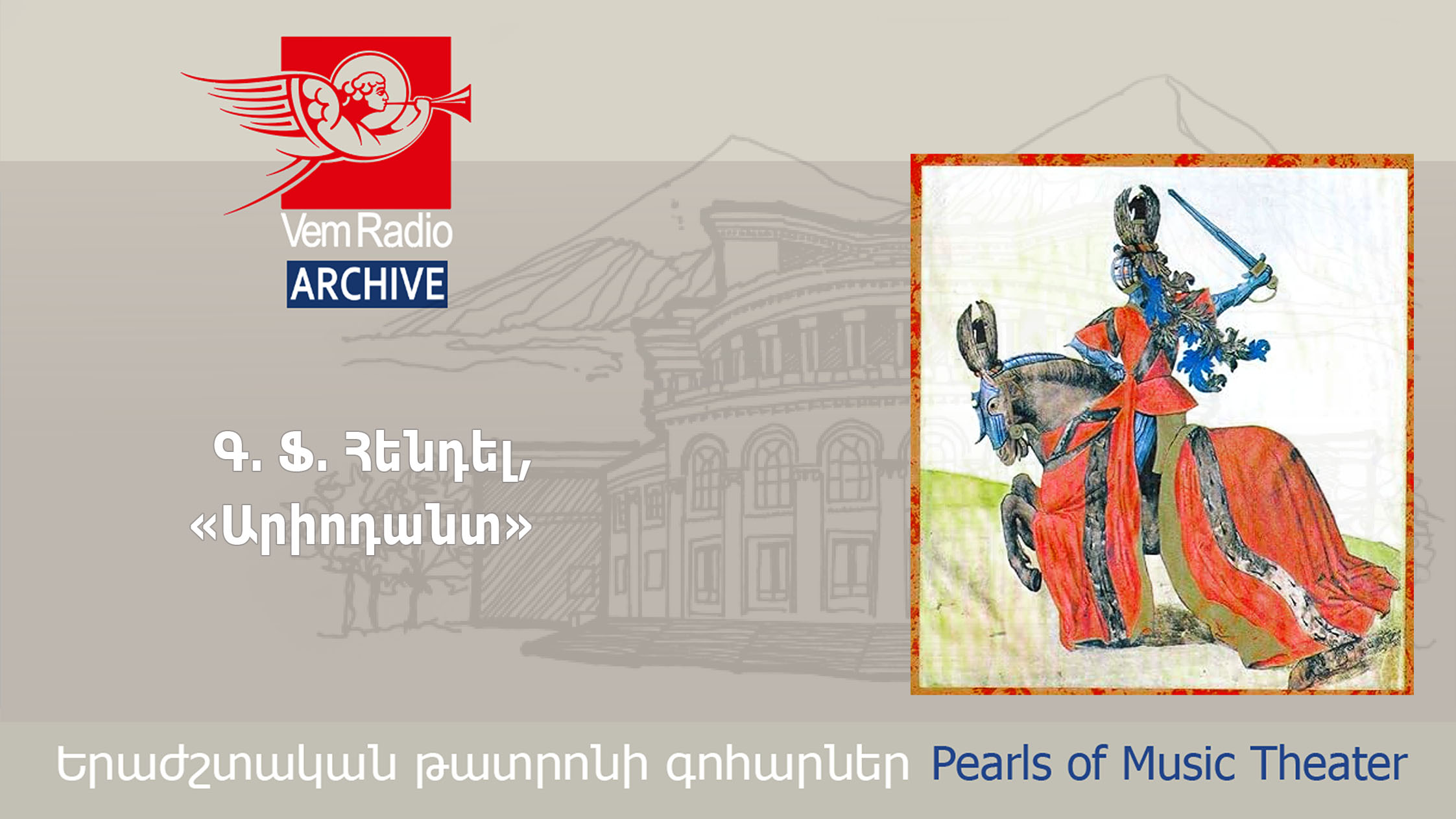
George Frederic Handel, Ariodante
It is not known who wrote the Italian libretto of this оpera; it is known only that it was based on a work by Antonio Salvi, which in turn is based on the heroic poem of Ludovico Ariosto “Orlando Furioso.”
Handel wrote about 40 operas during 36 years, starting with "Almira" and ending with "Deidamia."
Opera Ariodante was first staged in London, in the Covent Garden theater, on January 8, 1735. It was performed only 11 times. The lead singer was the then-famous castrato Giovanni Carestini.
Like other operas of Handel, Ariodante also had been forgotten for more than 200 years until it was staged again in 1971.

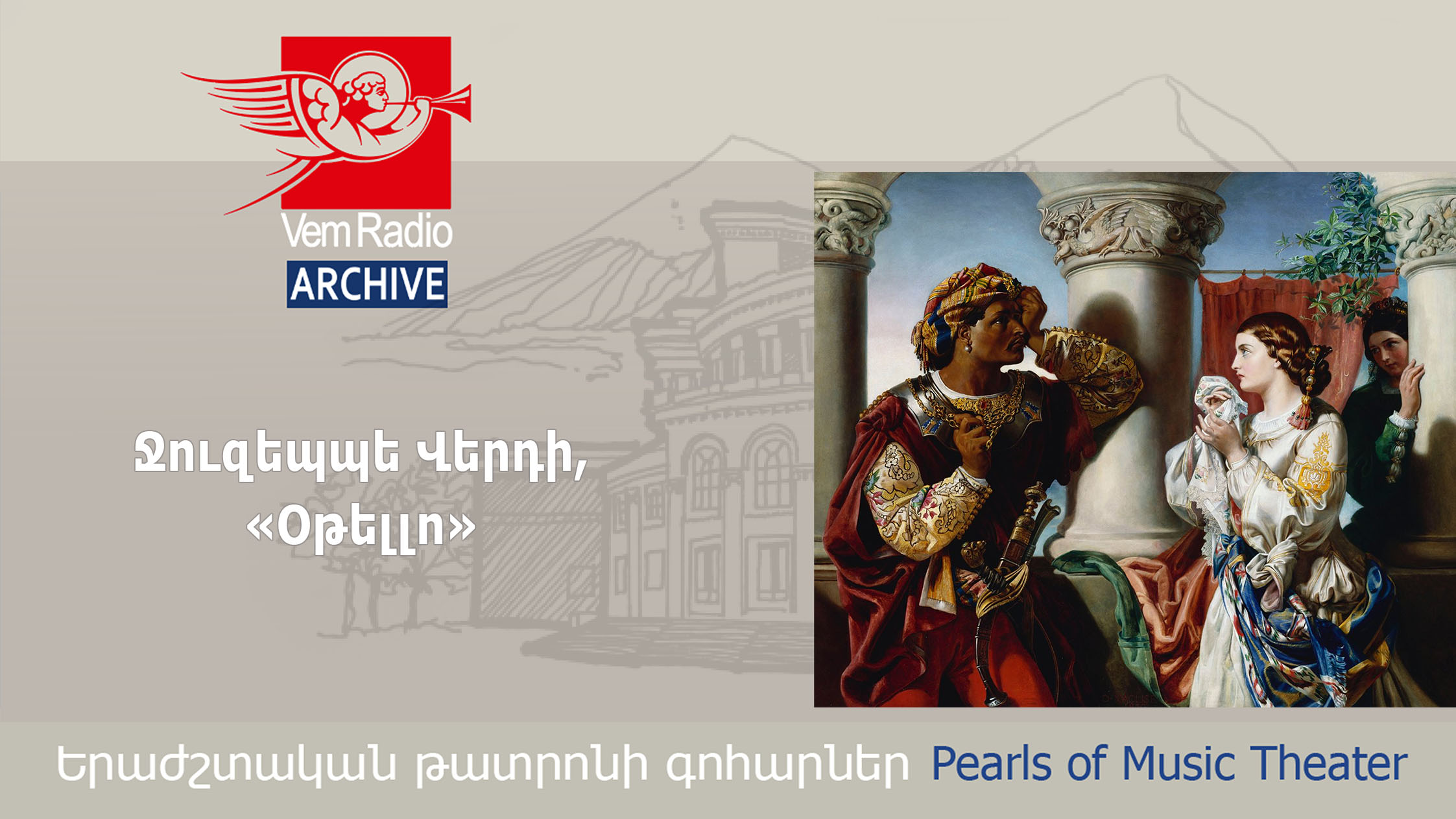
Giuseppe Verdi, Otello
The author of the libretto of Verdi’s opera Otello is Arrigo Boito, and the plot is based on Shakespeare’s tragedy of the same name.
The opera was premiered on February 5, 1887, at Milan’s La Scala theater. The 74-year-old composer had written Otello in a new manner and with a special enthusiasm. The audience accepted it with great exultation. The opera soon became well-known in the world and is considered as one of the best works of Verdi.

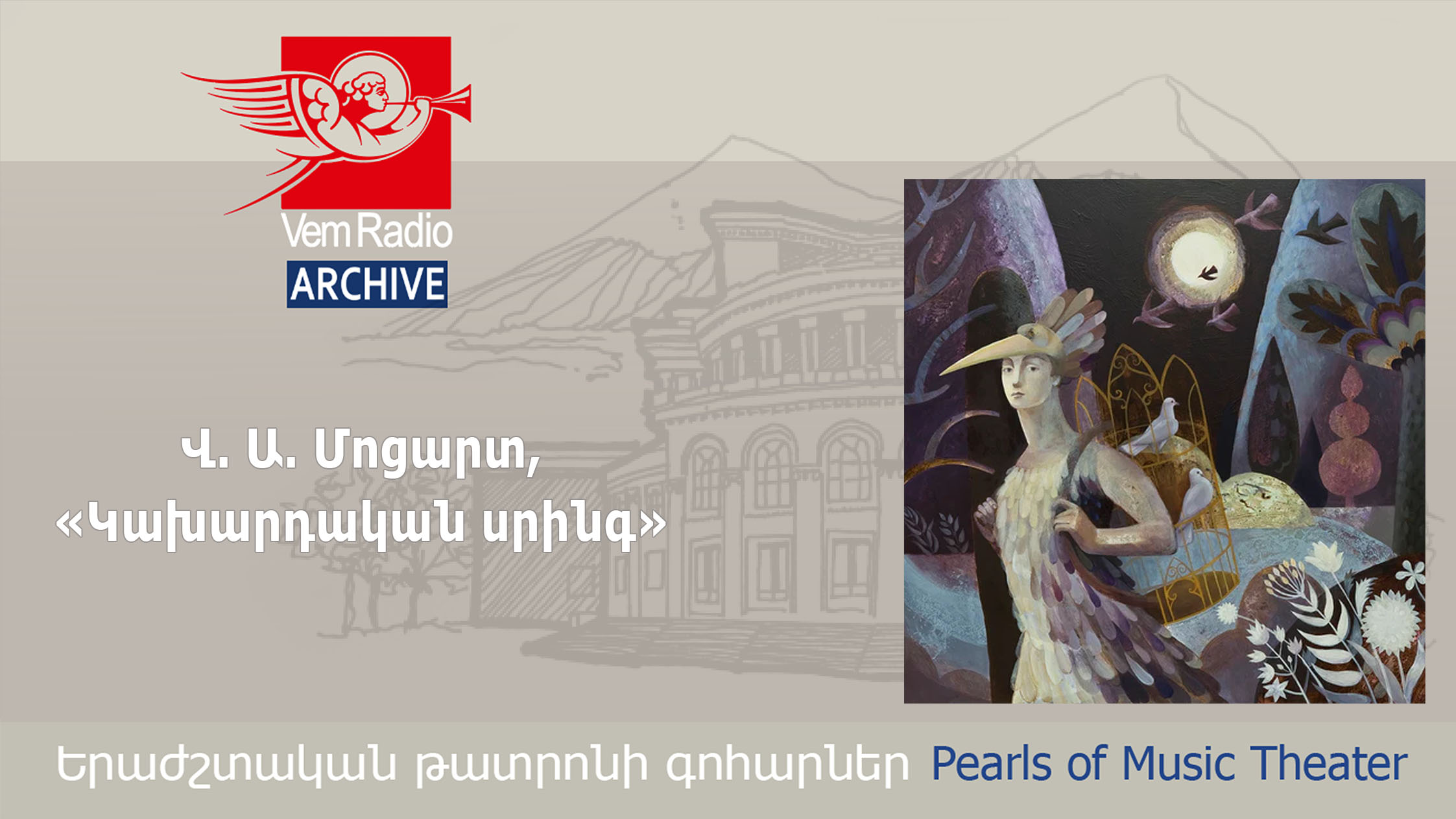
Wolfgang Amadeus Mozart, The Magic Flute
Mozart was offered the libretto for this opera by his longtime friend, theatrical businessman Emanuel Schikaneder, who wrote it using the themes of Christoph Martin Wieland's fantasy poems and fairy tales. Schikaneder also included some secret masonic ritualistic trials and mystical transformations in his libretto. The plot of the opera was very primitive, but Mozart managed to express serious moral and philosophical notions in it. He was inspired by the mottoes of human equality and brotherhood, faith in goodness, and desire of moral perfection.
The Magic Flute was premiered on September 30, 1791. Two months after the play, before even reaching the age of 36, Wolfgang Amadeus Mozart died, leaving a huge legacy of brilliant works that do not concede each other.

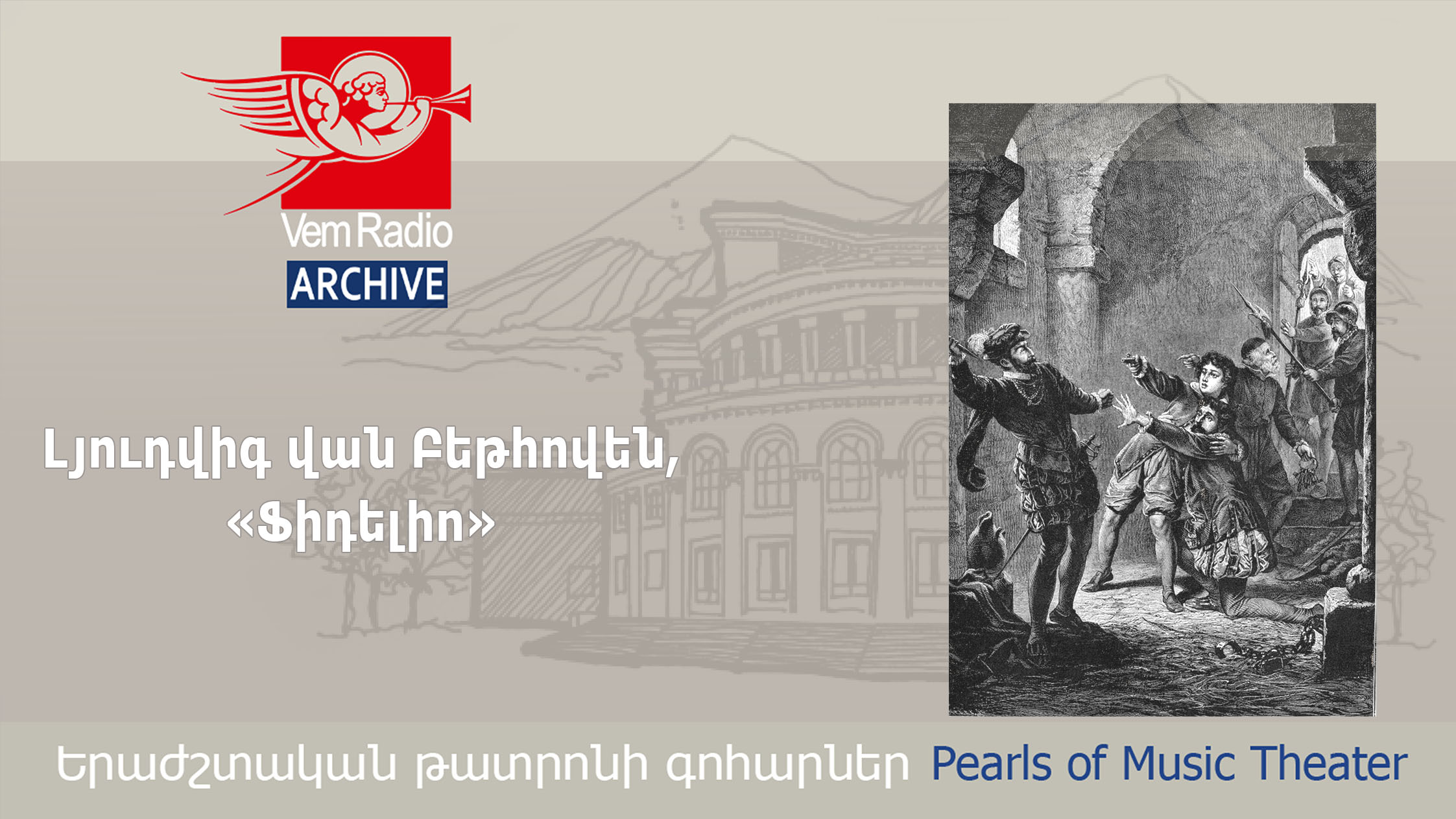
Ludwig van Beethoven, "Fidelio"
"Fidelio" is the only complete opera of Beethoven. The plot is based on a real story about a political prisoner whose wife selflessly saved her husband from a certain death. The dramatic nature of the opera, its moral pathos, heroism, glorification of the purity and strength of marital love, the desire to fight against totalitarianism were close to Beethoven's ideas.

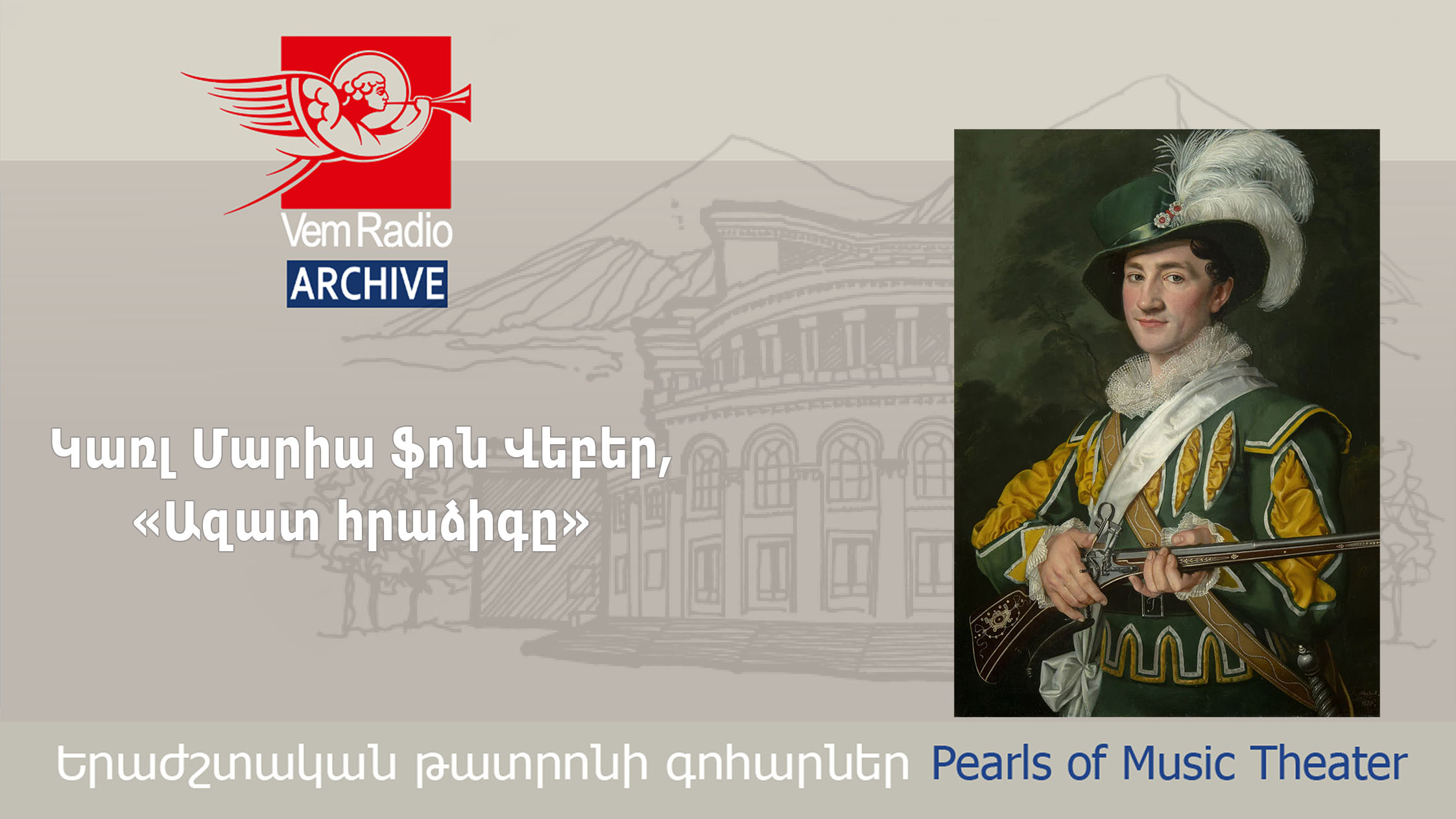
Carl Maria von Weber, The Freeshooter
The Opera "The Freeshooter" ("Der Freischütz") is considered the first truly romantic German opera. The work is based on an ancient legend, common among Germans and Czechs, about a young hunter, but the ending of the libretto is different from that of the legend. The author of the libretto, Johann Friedrich Kind, changed it so that in the struggle of good and evil, good wins and everything ends happily for the heroes.
Carl Maria von Weber wrote this opera during the rise of the national liberation struggle and justified the expectations of the audience of Democrats. This opera was assessed not only as a brilliant phenomenon of arts, but also as a strong patriotic work.

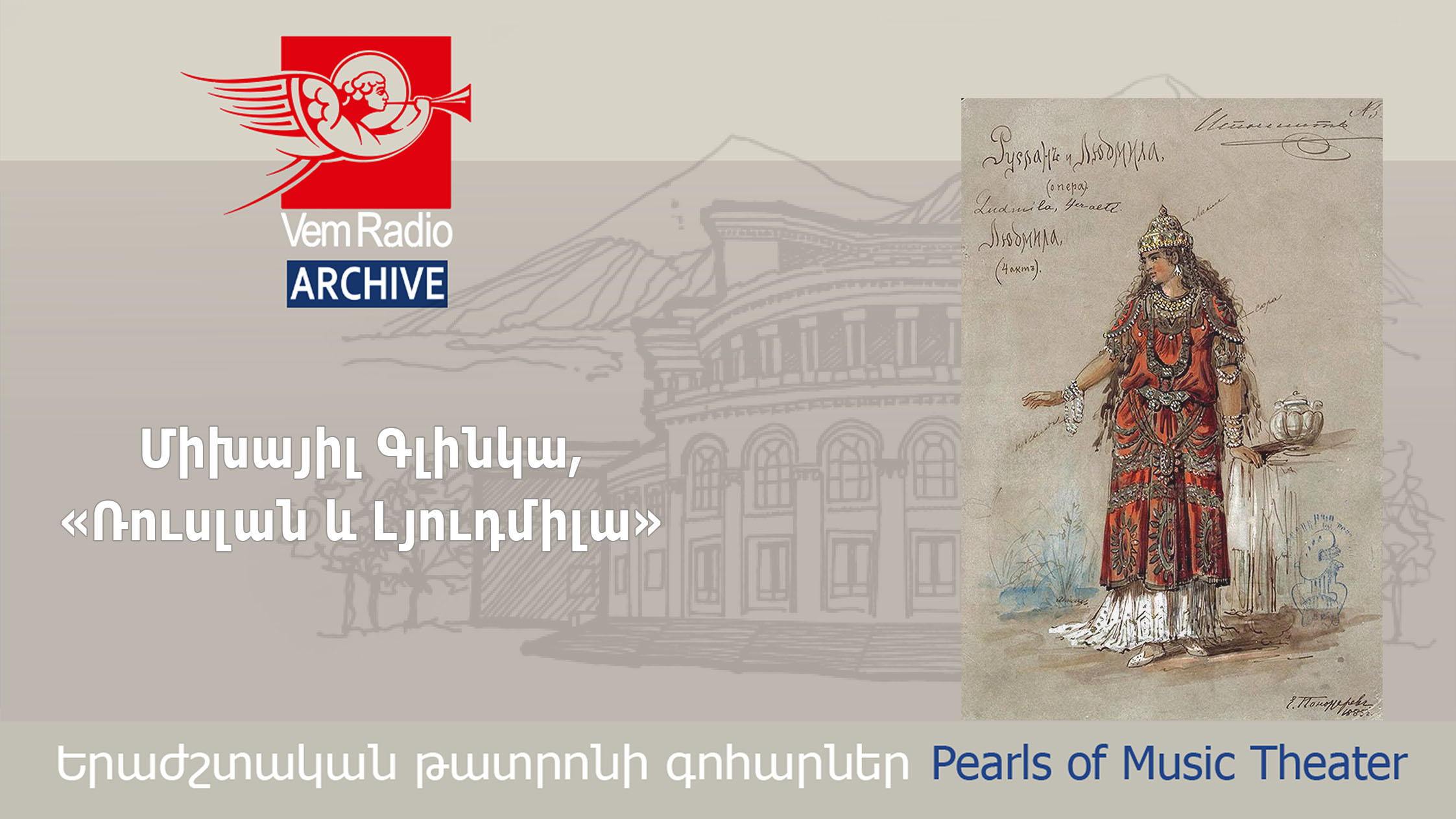
Mikhail Glinka, Ruslan and Lyudmila
Glinka had the idea of creating the opera "Ruslan and Lyudmila" still at the time of Pushkin. The composer wanted to create it on a libretto by Alexander Pushkin, but because of the sudden death of the poet he was forced to turn to his friends: he wrote the libretto with the help of Valerian Shirkov, Constantine Bahturin, Nestor Kukolnik, and others.
In this work, Glinka instilled the images with epic breath, developed the content of the opera, and created new types of operatic drama that are based on the development of symphonism, the clash and juxtaposition of opposite characters, and the sequence of separate complete episodes.

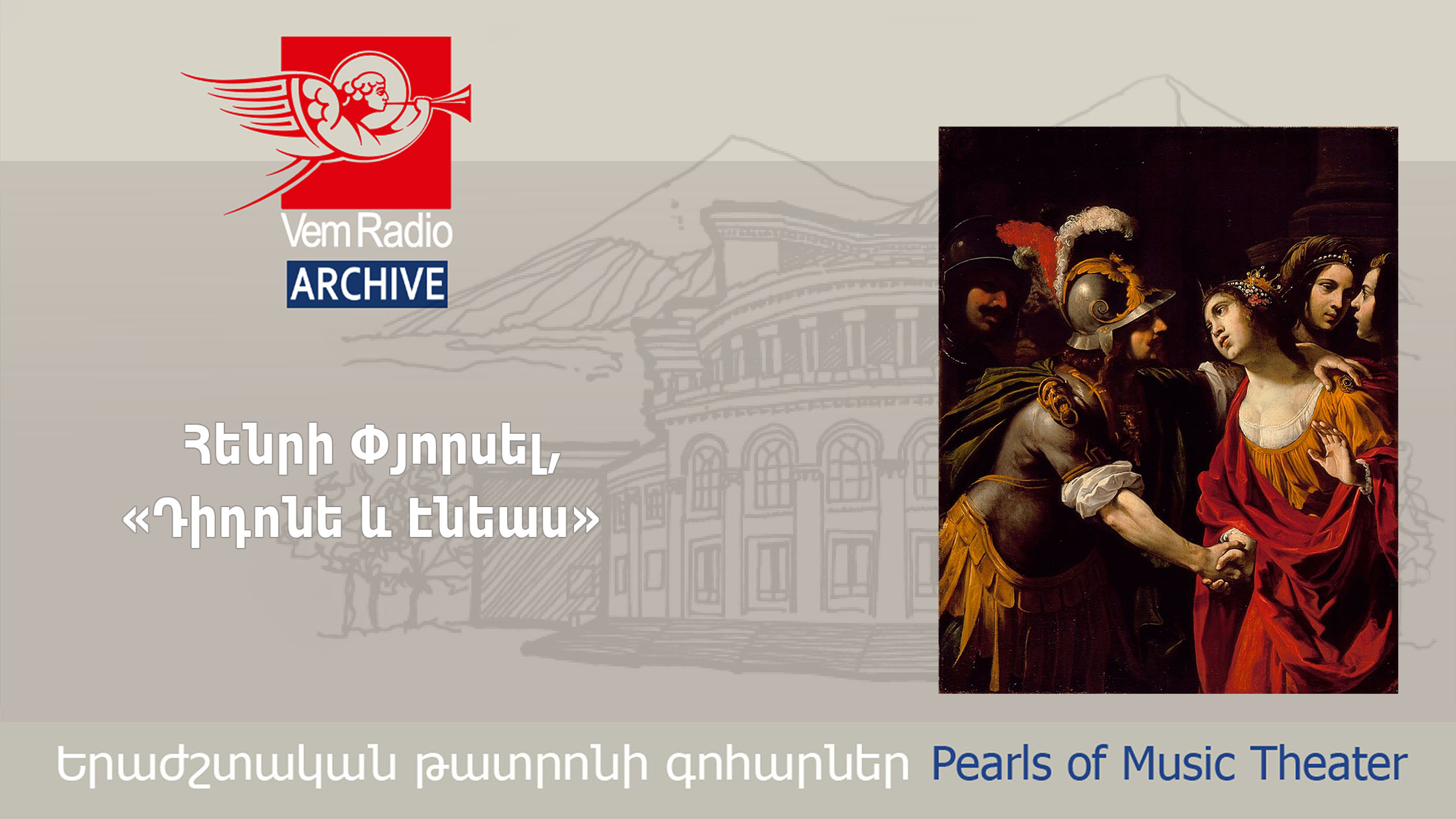
Henry Purcell, Dido and Aeneas
The opera is based on Part IV of Virgil's epic poem "Aeneid" where the author tells about the legendary Trojan hero Aeneas. The libretto was written by Nahum Tate. "Dido and Aeneas" is the first music drama by Purcell. The composer wrote it in 1689 by a special order to present it at the graduation ceremony of Josias Priest's Girls' School.

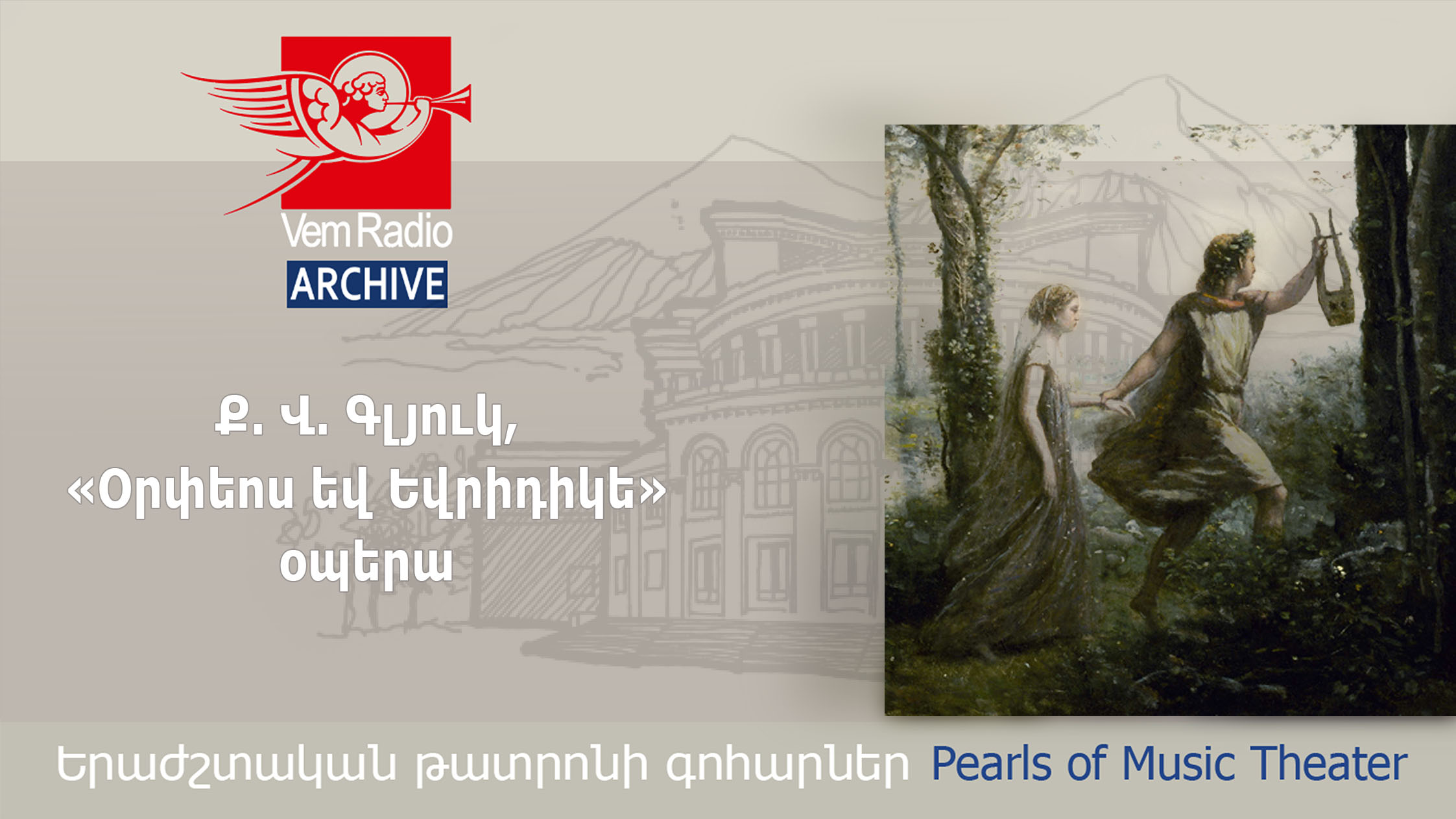
Christoph Willibald Gluck, Orpheus and Eurydice
The opera's libretto was written by Ranieri de' Calzabigi on the basis of a variant of the ancient Greek legend incorporated in Virgil's "Georgics." The antique personages are presented in a lofty and touching simplicity in the opera and express real feelings peculiar to ordinary humans. The end of the opera, unlike that of the legend, is happy.


Giacomo Puccini, Madama Butterfly
According to the author of this opera, it is a "Japanese tragedy."
From the end of the 19th century to the beginning of the 20th, Europeans sought after exoticism, and the workers of art tried to enrich their works with Asian flavor. By choosing a Japanese theme, Puccini showed the importance of the drama of an individual.
The opera is based on American writer John Long's novel. David Belasco made a drama of it, and its staging so impressed Puccini that he asked Luigi Illica and Giuseppe Giacosa to transform the play into an opera libretto.
The actions of the opera take place in Nagasaki in 1900.

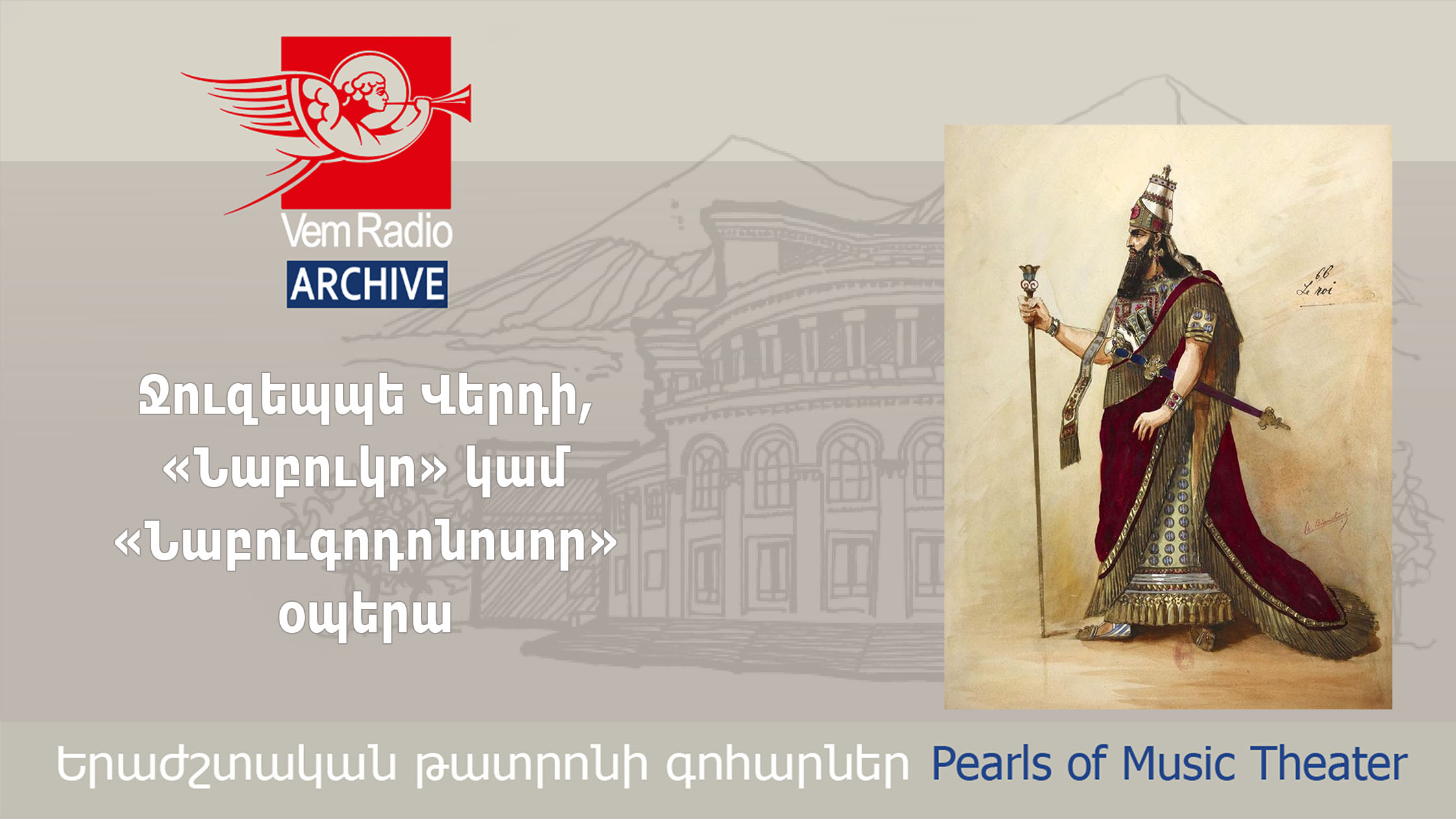
Giuseppe Verdi's Opera "Nabucco"
The opera is based on the biblical events described in the tragedy of Auguste Anicet-Bourgeois. "Nabucco" is the Italian short form of the name of the Babylonian king Nebuchadnezzar II. The Bible tells how Nebuchadnezzar destroyed the first temple of Jerusalem in 578 BCE and captured the Jews.
The author of the Italian libretto is Temistocle Solera.

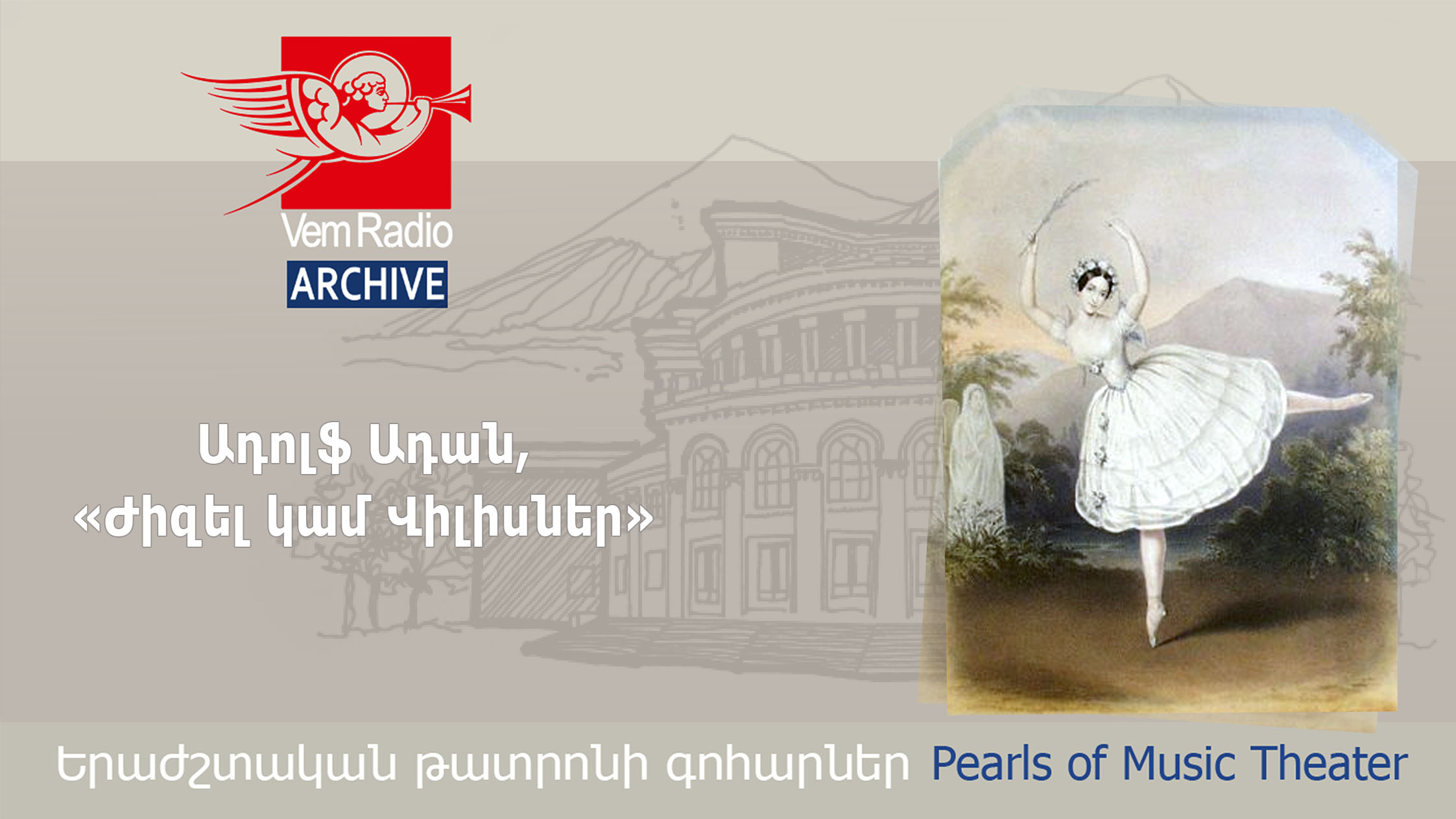
Adolphе Adam, Giselle, or the Wilis
The libretto of Adolphе Adam's fantastic ballet Giselle was written by Jules-Henri Vernoy de Saint-Georges and Théophile Gautier on the basis of Heinrich Heine's adaptation of a Slavic legend. The legend is about a group of female night dancers who are called Wilis. These unhappy young beings are brides that had died before entering the nuptial bed. At midnight, they come out of their graves, trying to re-experience their happy days. But death will happen to the passerby who will be so unfortunate to encounter them. They will take him in a round dance and force to dance with them until he falls down breathless. Giselle, a woman who had become disappointed in love and been deceived, dies and turns into a night dancer, a Wilis.
